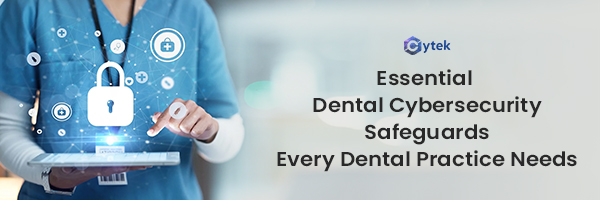8 Simple Steps to Protect Yourself Online

In today’s technology driven world it is not easy to secure your devices and information.
Every day the news is filled with stories of massive data breaches, hacking attacks, and email scams that threaten businesses, government, and consumers alike.
As Americans, we are in a difficult position. Technology advances have made our lives more organized, sophisticated, and “on-the-go”. These same advances have also been made available to the bad guys. The threats are evolving, becoming increasingly costly and affecting more and more people every day. The best tips and tactics for securing your information one day can be obsolete the next as criminals continue to adapt and develop new methods of invasion.
Do not be overwhelmed. As daunting as this information can be, there are still steps you can take to make your devices and personal information more secure. Create your own line of defense and take action now by following the advice of our security experts:
Evaluate your risk level
Are you someone that only occasionally uses the internet or do you manage your whole life online? The typical American obviously has a much lower risk than someone working in a political opposition overseas. The higher risk you are, the more steps you will need to take to protect yourself. Model your tactics after this information.
Keep your software up to date
Most malware out there today is designed to find and exploit holes in operating systems, software, and plug in programs. Security updates are released to plug these holes and protect users. It’s a good idea to install these updates as they are released. Or better yet, set them to automatically update. Typically, the release will draw attention to the vulnerabilities in the software leading to more malware designed to exploit them. Something as simple as keeping your software update to date will significantly decrease your vulnerability to an attack.
Back up your data
The is quite possibly the most important step to take. Becoming the victim of a malware attack is much easier to cope with if all your information is backed up and you can simply wipe out your hard drive and reinstall everything from your back up. It is important to remember to always disconnect your back up device once you are done. More recently, certain types of ransomware can attack not only your PC but any attached devices.
Be cautious with social media
It is important to be aware of the information you post on Facebook etc. Scammers can gather personal information about you and use that information to scam family and friends out of money. That can also use the information they find to answer security questions different companies use to authentic your account and reset your passwords. Does this mean you should shut down all your social media accounts? Absolutely not, just be aware of how the information you post can be used.
Keep your anti-malware software up to date and run is frequently
I can assure you, anti-malware software alone will not protect you or your information but it certainly will help when combined with all the other steps. It is far from perfect but is proven to be quite effective at catching viruses that have been around for a while.
Think twice before you click
One of the most common ways scammers are using to gather your information is through email attachments. They have become very clever at making an email look legitimate. It’s very easy to use this as an avenue to access your online accounts. For example, if you receive an email from your bank asking you to open a link and log in to your account it is much smarter to go to the banks website directly and log in from there.
Passwords, passwords, passwords
Undoubtedly you have heard the advice, use stronger, longer, more secure passwords. Most certainly there have been many occasions that you have ignored that advice! When it comes to your more sensitive accounts or financial information it is best to heed the advice. It’s most effective to choose passwords with random characters unrelated to personal things in your life. If you have trouble remembering the more complicated passwords there are programs such as Keeper, Dashlane, and many more that can store this information.
It’s good to be a skeptic
Eugene Spafford, a professor of computer science at Purdue University who focuses on security issues, urges users to develop a “suspicious mindset” when online. Use your best judgement before opening an attachment, downloading new programs, and frequenting sites wrought with malware software, gambling, pornography, etc.

 ">
">
 ">
">